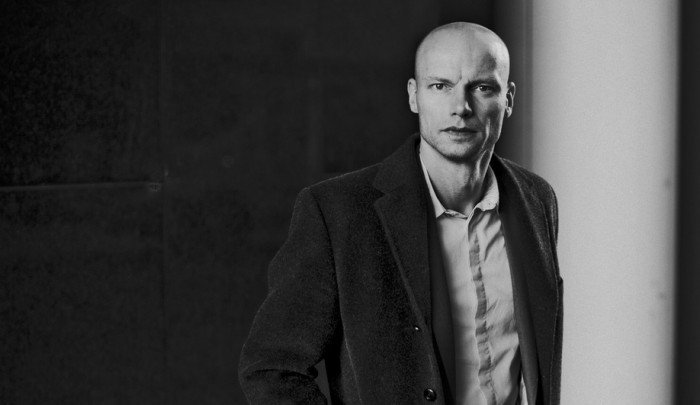
The Dutch have an extensive history in water management and are now rethinking strategies to deal with climate change. At the forefront of this movement is the Netherlands’ first Special Envoy for International Water Affairs, Henk Ovink. His holistic approach to dealing with the global issue of rising water levels has been widely published and sought after by institutions worldwide including the United States’ presidential task force. In our correspondence with Ovink, we learnt more about his 21st century approach to water management.
Ranked as a number one priority on the World Economic Forum’s Global Risk Perceptions report, the water crisis is a genuine threat to our built environments and quality of life. The world is waking up to the reality of climate change with recent reports predicting a future with major coastal cities submerged in water.
While some countries prefer to turn a blind eye to the risk of rising water levels, others are taking action, and none more so than the Netherlands – Ovink’s birthplace and the country that happens to be ahead of the pack when it comes to water and flood control, despite the fact that 30 per cent of its land lies below sea level.
Its latest project, called Room for the River, consists of a river system designed to yield to nature. The project involves cutting through the river to make way for an island that will create a whole new space for the city. The higher regions of the landscape will provide space for infrastructure and the lower levels will be occupied by parks that will soak up extra water during flooding season.
Although the Dutch are historically known to keep the water out of the city, this new plan invites the water in, propagating a culture of living with nature instead of against it. This requires the cooperation of all involved, from the local government to the residents.
Ovink’s 21st century approach to water management in an urban context involves four fundamental elements. The project has to be comprehensive and implementable, have institutional capacity across government, organisations and partners involved, secured funding and collaboration with local communities and citizens.
Dedication to climate change comes down to the willingness to change attitudes and not just the implementation of clever solutions. In his article in The Nature of Cities, Ovink stresses the need to collaborate with each other to affect change. “Right now no one in this world is ready, no one, no place, no system is fit for the future.”
He adds, “This is really about capacity building not only within those vulnerable communities but as much within our institutions of governments, businesses and research institutes.”
Ovink believes that water management is just as much a cultural matter as it is an engineering concern. Perhaps one of the reasons why the Dutch are getting it right is because they have a strong sense of community in their unanimous struggle with water that dates back to the Middle Ages. One of the reasons why the Room for the River project is successful is the locals’ willingness to do what is necessary for the benefit of the community.
When we asked what the difference was between rethinking water management in first world and third world countries, Ovink said, “they are different and at the same time very much the same,” adding that “water awareness is much bigger and apparent in the developing world.”
“Next to that, these regions are faced with water threats, droughts, rains, floods. This brings severe stresses on top of an uncertain condition.”






